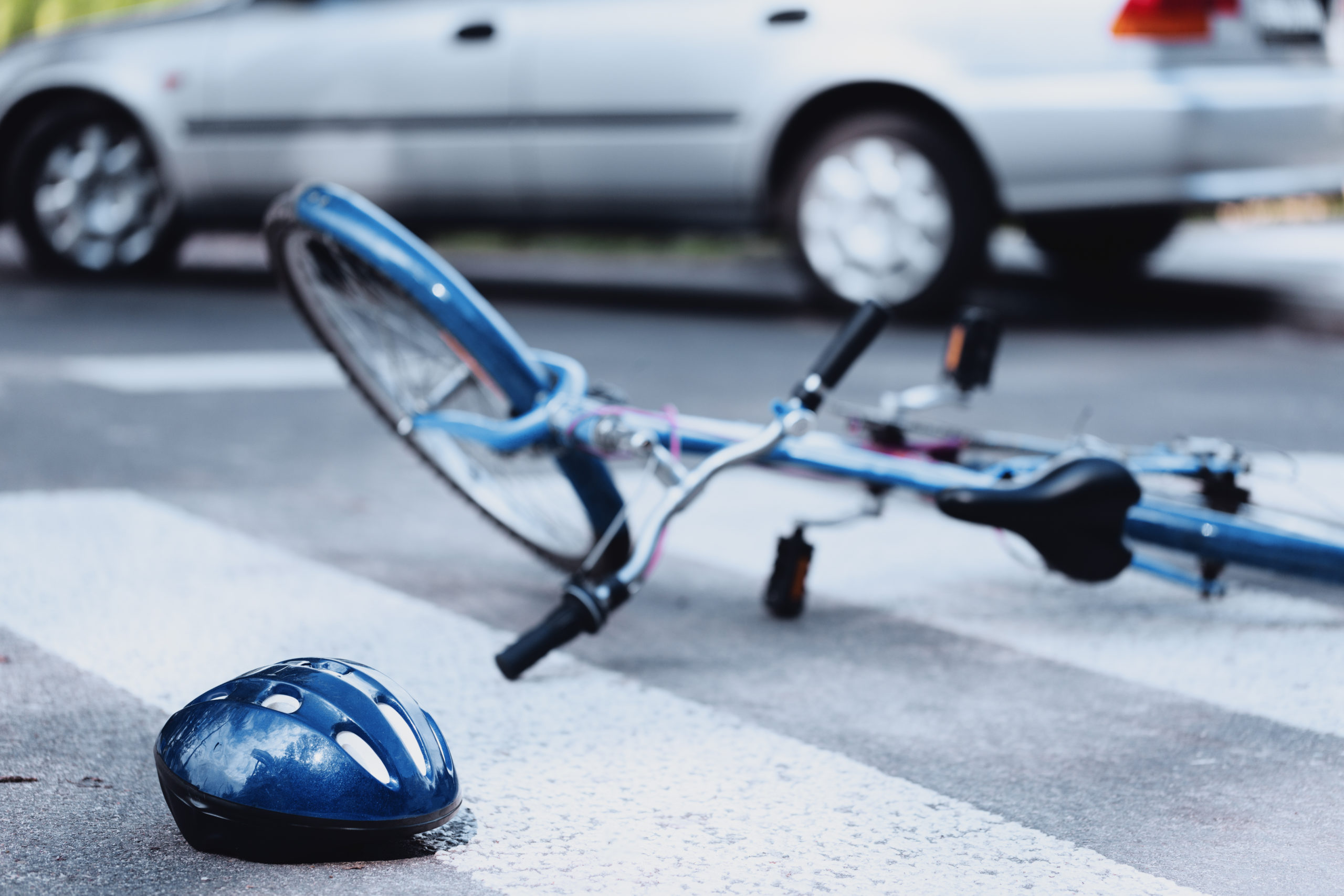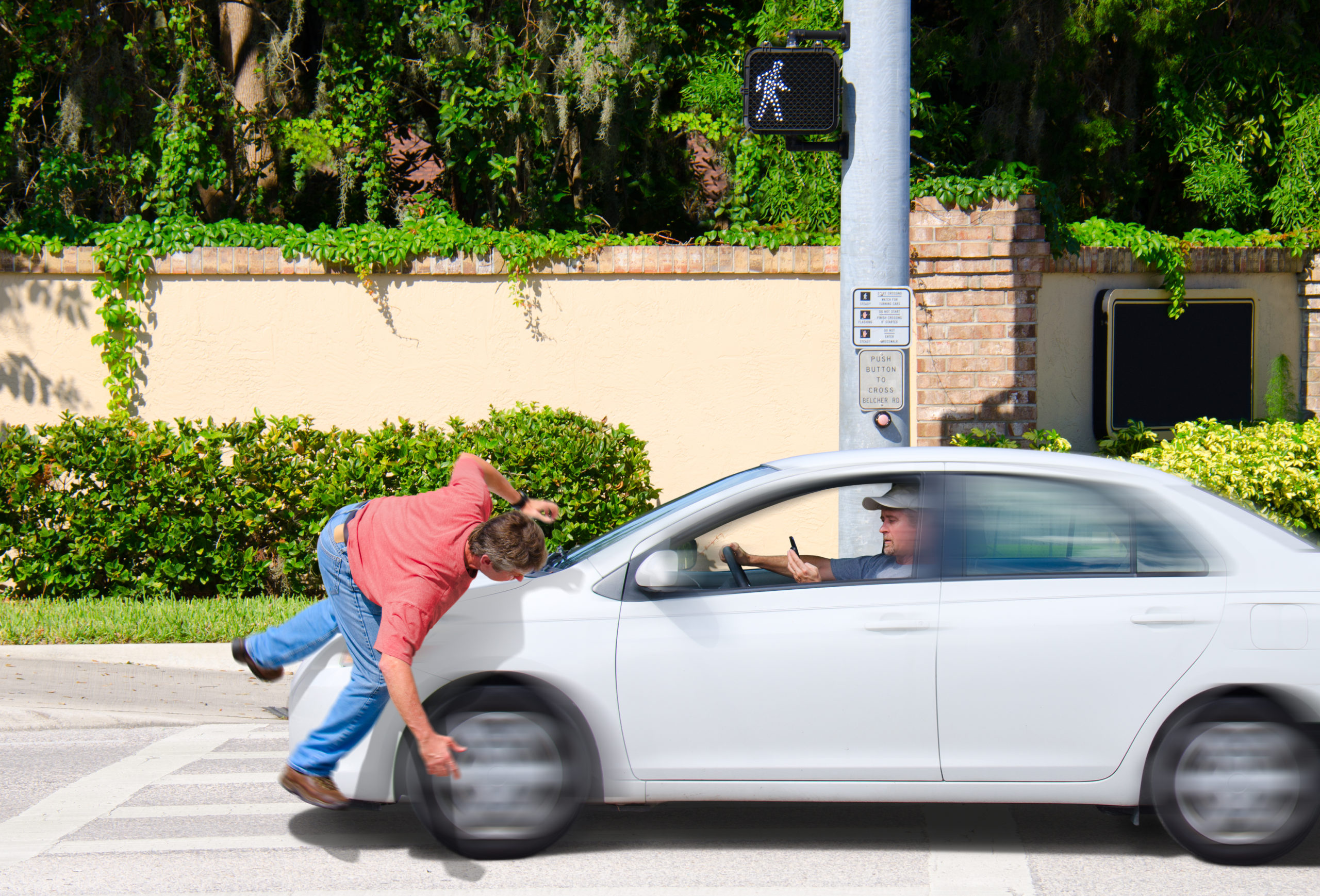State Bicycle Helmet Laws
There is currently no U.S. federal law requiring bicyclists to wear helmets. However, most states have enacted their own bike helmet laws, including New Jersey and New York.
New Jersey’s bike helmet law is found in Title 39 of the Motor Vehicle and Traffic Regulation statutes. Title 39:4-10.1 states that anyone under 17 years of age who rides a bicycle in New Jersey must wear a safety helmet. (This law was extended to include roller skates, inline skates, and skateboards back in 1998.) The New Jersey bicycle helmet law also requires that the helmet be properly fastened and fitted. They must meet Consumer Product Safety Commission standards for bicycle helmets in order to ensure head protection during a collision or fall.
The only exceptions to the under-17 bike helmet law are riders on a roadway that is closed to motor vehicles; this may include a trail, route, course, boardwalk, or path that is set aside exclusively for bicycles.
New York requires all bicyclists under the age of 14 to wear an approved bike helmet. New York Vehicle and Traffic Law Section 1238 also states that children between the ages of 1 and 4 must wear a helmet and be carried in a properly secured child carrier.
Bicycle helmet laws can be extremely important when it comes to a personal injury case. However, a bicycle helmet law does not guarantee a case will be decided one way or another; there are a number of factors that go into determining liability and fault in a collision.
To start, it is important to establish three things:
- What are the state’s bicycle helmet laws?
- Was the rider following those laws?
- Is the bicyclist seeking damages for head or neck injuries?
If you followed the state law by wearing a helmet and you were still injured by someone else’s negligent actions, it could have a positive impact on your case. An experienced personal injury lawyer can argue that, had you not been wearing a helmet, your injuries would have been much, much worse; this will help add impact to the other party’s negligence.
If state law requires you to wear a helmet and you did not, it could have a negative impact on the case. However, this all depends on the nature of your injuries. For example, if you suffered a broken leg, whether or not you were wearing a helmet is hardly relevant. But if you suffered a broken neck or a head injury, the opposing party will almost certainly argue that following the state law and wearing a helmet could have prevented your injuries (at least to some degree). But regardless of the nature of the injury, an opposing attorney or claims adjuster can use your failure to wear a helmet against you, arguing that it shows negligence on your part.
The concept of “comparative negligence” comes into play when dealing with bicycle collisions and helmet use. Under comparative negligence, your total amount of damages can be reduced based on your portion of fault in the incident. For example, say you suffered $10,000 in damages in a bicycle-car collision when not wearing a helmet. If the court or insurance adjuster argues you were 40 percent at fault for the collision, your potential damages will be reduced to $6,000. This allows injured plaintiffs to collect damages, despite being somewhat at fault in the incident.
For more information about bicycle accidents and personal injury cases, visit our Bicycle Injury page.

















